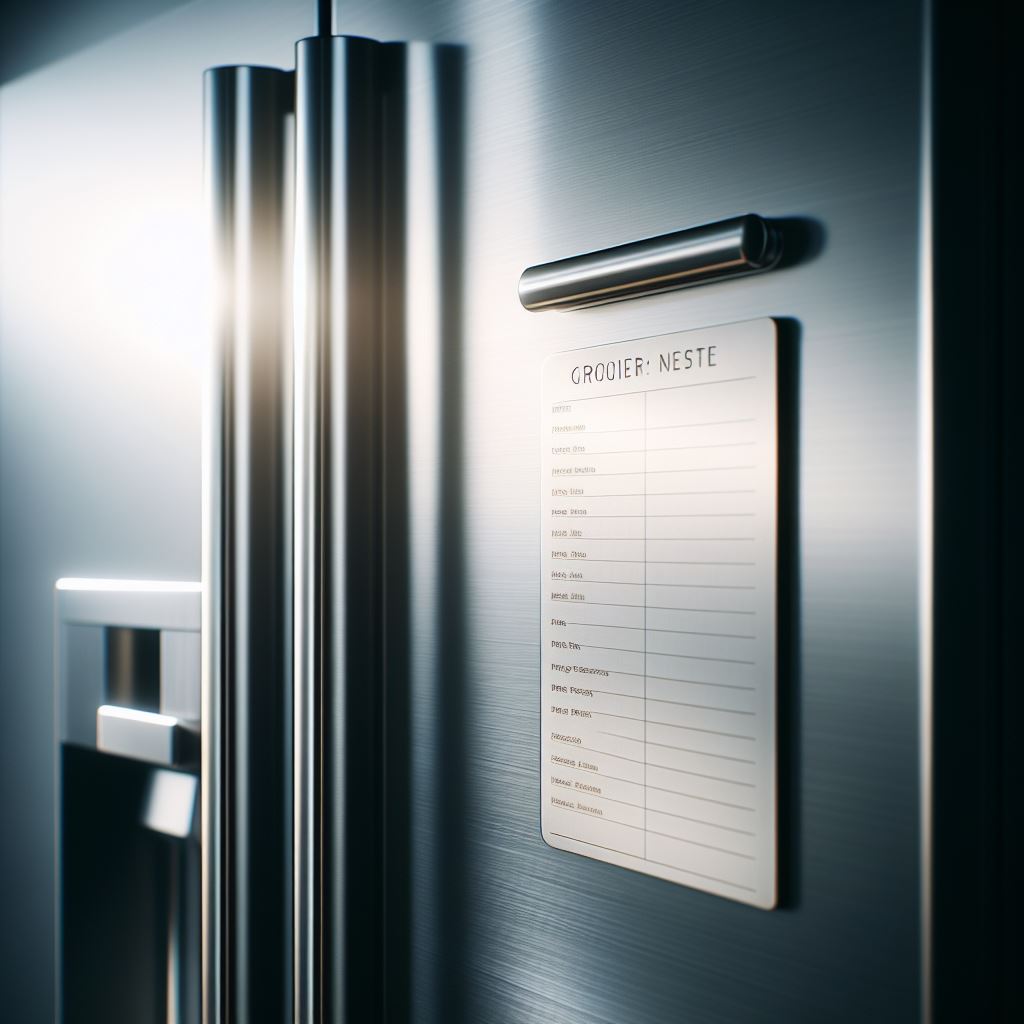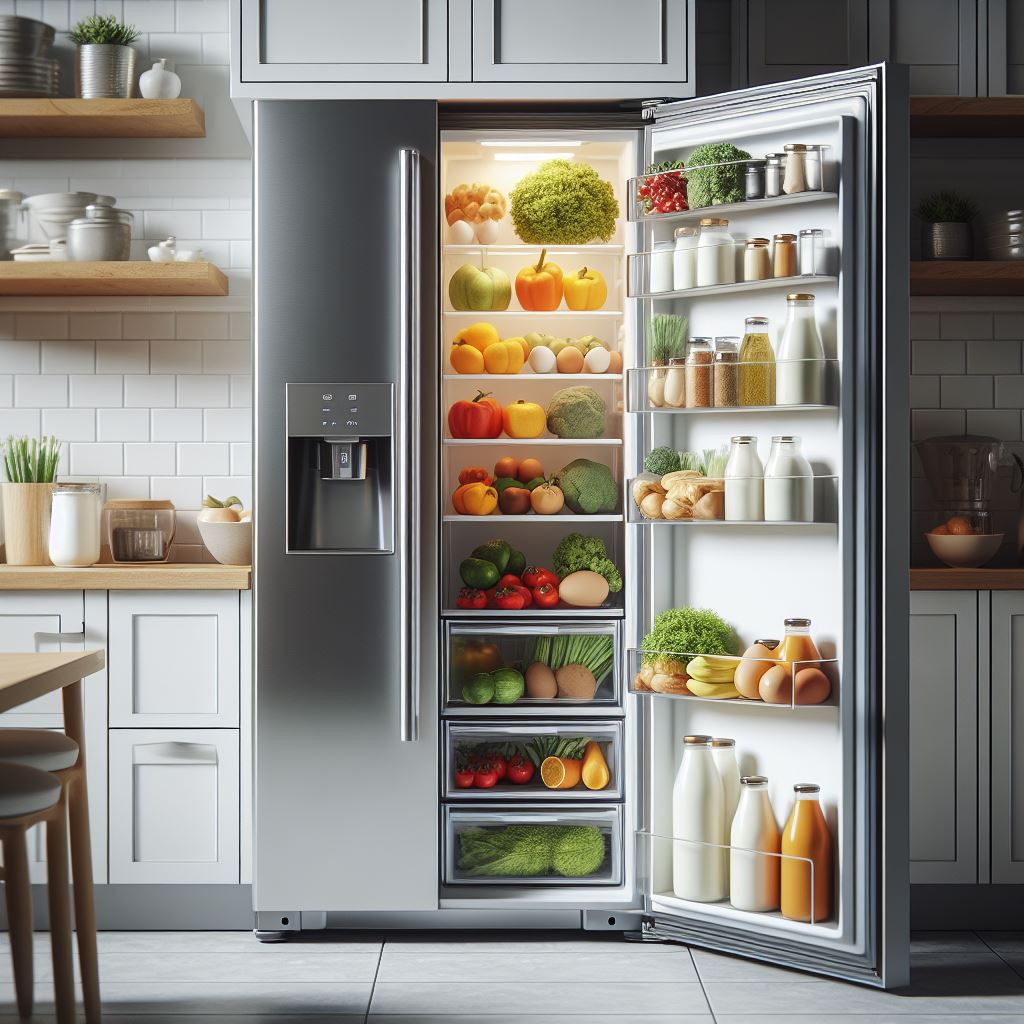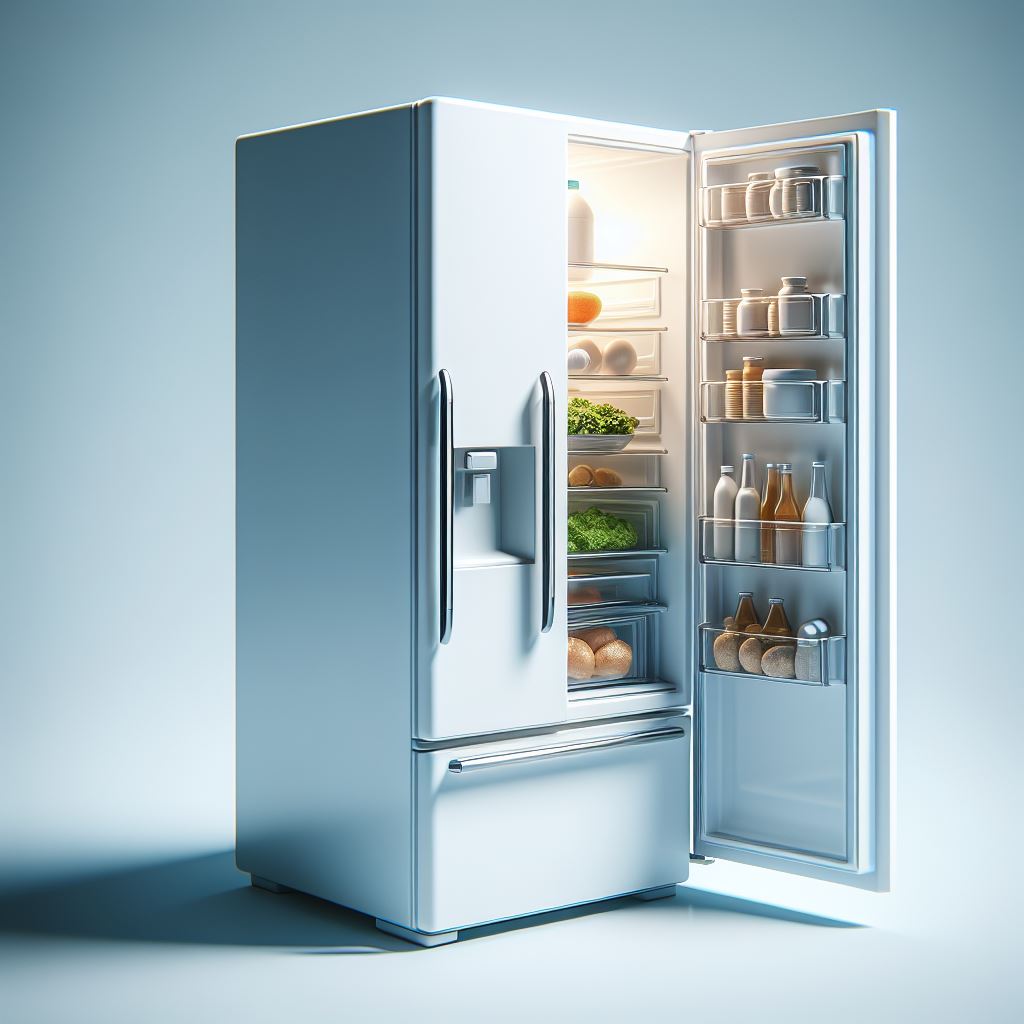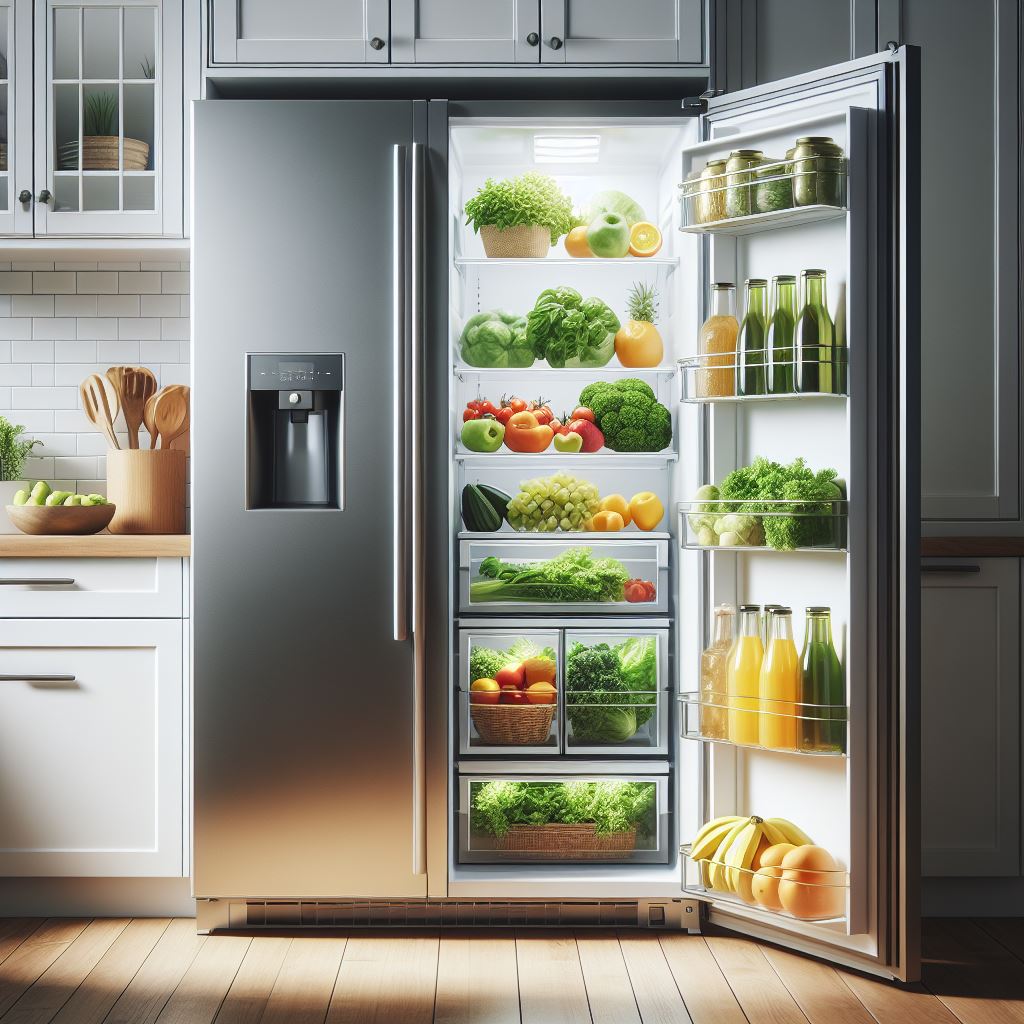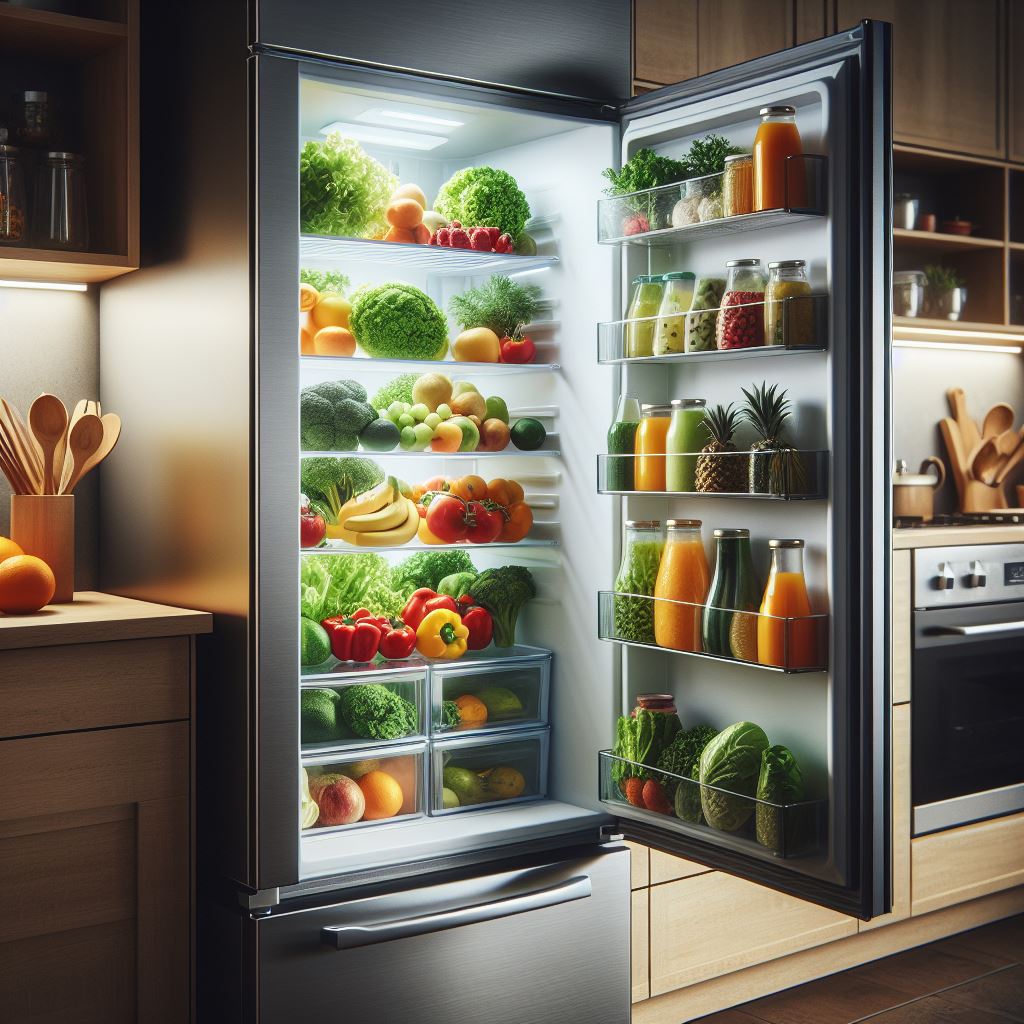Eggs are a versatile and nutritious food staple, but their freshness can be a concern if not stored correctly. Understanding how long fresh eggs last in the refrigerator is essential for maintaining their quality and safety.
In this comprehensive guide, we will delve into the factors affecting egg freshness, the shelf life of eggs in the refrigerator, signs of spoilage, best practices for egg storage, and valuable tips and tricks to maximize egg longevity.
Factors Affecting Egg Freshness
Proper egg storage hinges on several key factors:
- Temperature: Maintain a consistent refrigerator temperature of 40°F (4°C) or below to slow bacterial growth and preserve egg freshness.
- Humidity: Store eggs in a humid environment (50-60% relative humidity) to prevent moisture loss and maintain egg quality.
- Egg Quality: Fresh eggs have a clean, smooth shell with no cracks or damage, impacting their shelf life.
- Packaging: Use the original egg carton or a similar container to shield eggs from odors and potential contamination.
How Long Do Fresh Eggs Last in the Refrigerator?
The shelf life of fresh eggs in the refrigerator varies based on storage conditions:
- 3-5 weeks: Fresh eggs stored properly at the ideal temperature and humidity.
- 1-2 weeks: Eggs with visible cracks or damage.
- 1 week: Eggs exposed to improper storage conditions or high temperatures.
Signs of Spoilage
Recognizing spoilage signs is crucial to avoid consuming bad eggs:
- Odor: Fresh eggs have a neutral smell; a foul odor indicates spoilage.
- Texture: Fresh eggs are smooth; a slimy or sticky texture suggests spoilage.
- Appearance: Cracks or breaks in the shell indicate potential spoilage.
Best Practices for Egg Storage
Follow these best practices to extend the freshness of your eggs:
- Proper Placement: Store eggs on the refrigerator’s bottom shelf, away from heat sources and sunlight.
- Avoid Contamination: Keep eggs in their original carton to prevent cross-contamination.
- Gentle Handling: Handle eggs with care to prevent damage and maintain freshness.
Egg Storage Tips and Tricks
Enhance your egg storage methods with these additional tips:
- Rotation System: Use older eggs first by implementing a rotation system.
- Labeling: Label eggs with purchase or expiration dates for easy tracking.
- Alternative Storage: Consider using an egg keeper or storing eggs in a cool, dry place.
Table: Egg Storage Guidelines
| Storage Method | Shelf Life |
|---|---|
| Proper Refrigeration | 3-5 weeks |
| Cracked Eggs | 1-2 weeks |
| Improper Storage | 1 week |
Understanding how long fresh eggs last in the refrigerator and implementing proper storage practices are essential for preserving egg quality and safety. By considering factors like temperature, humidity, egg quality, and packaging, you can extend the shelf life of your eggs.
Recognizing spoilage signs, following best practices, and incorporating storage tips will help you enjoy fresh eggs for longer periods, reducing food waste and ensuring a delightful culinary experience.


